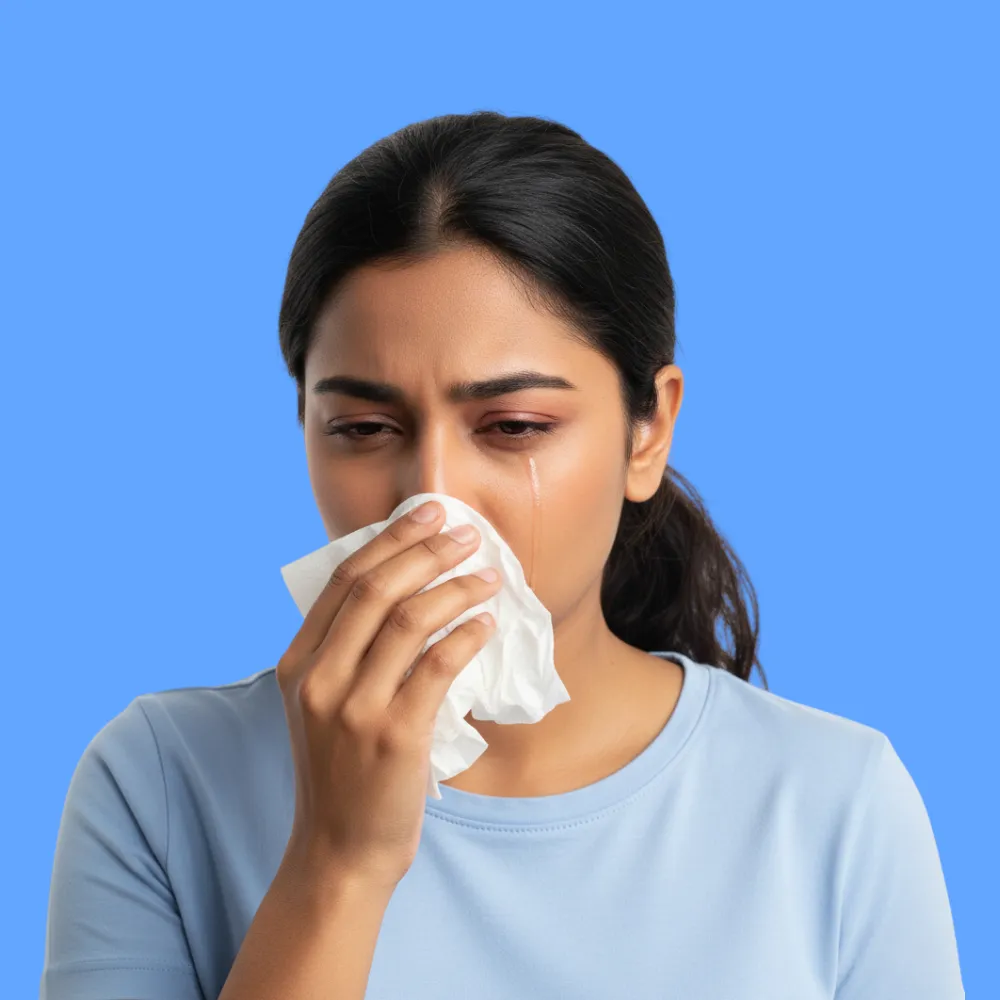what is allergy؟
allergy is a common condition that occurs when the immune system reacts to harmless substances as if they were a real threatthese substances are known as allergens such as pollen animal dander certain foods or medicationsonce exposed the body releases chemicals like histamine which cause annoying symptoms that vary from person to personallergy may appear on the skin or affect the respiratory or digestive system and can range from mild to severe
what are the causes of allergy؟
there are several common causes of allergy including:
- exposure to pollen animal dander or dust mites
- eating foods like nuts milk eggs fish and shellfish
- insect stings such as bees and wasps
- using certain medications like penicillin or antiinflammatory drugs
- contact with materials like natural rubber or nickel
- having a family history of allergy or asthma
- weakened immune system or skin disorders
what are the common symptoms of allergy؟

there are several common symptoms that a patient may experience including:
- nasal congestion and runny nose
- itching in the skin eyes or nose
- redness and skin peeling
- swelling of the lips face or throat
- skin rash or hives
- coughing or shortness of breath
- nausea vomiting or stomach pain
- loss of consciousness or dizziness in severe cases
when should you see a doctor؟
it is recommended to see a doctor immediately if any of the following occur:
- severe difficulty breathing or throat swelling
- loss of consciousness or sudden dizziness
- widespread skin rash or severe swelling
- persistent symptoms that do not improve with medication
- new symptoms after taking a drug or eating a specific food
how is allergy diagnosed؟
allergy is diagnosed using several methods including:
- asking detailed questions about symptoms and medical history
- performing a physical examination
- skin prick test where small amounts of allergens are applied to the skin to observe the reaction
- blood test IgE to measure allergyrelated antibodies in the blood
how is allergy treated؟
there are several ways to treat allergy including:
- avoiding allergens as much as possible
- using antihistamines to relieve symptoms
- nasal sprays or eye drops
- immunotherapy injections or sublingual drops
- using epinephrine in emergency cases
can allergy be cured؟
allergy cannot be completely cured but it can be effectively managed
some types of allergy may disappear over time especially in children while others remain chronic
proper treatment and avoiding triggers help improve quality of life and reduce symptoms
what are the tips to prevent allergy؟
there are several tips to help prevent allergy including:
- avoiding known triggers
- cleaning the house regularly to reduce dust and mold
- using air filters
- reading food labels before eating
- wearing a medical bracelet in case of severe allergy
- consulting a doctor before taking any new medication
what are the possible complications of allergy؟
some complications may occur if allergy is neglected such as:
- anaphylactic shock
- developing other types of allergy
- allergic asthma
- chronic sinus or ear infections
- fungal infections in the respiratory system
common questions about allergy
can allergy appear suddenly
yes it can appear at any age even if it was not present before
is allergy hereditary
yes having a family history increases the risk of developing allergy
can allergy disappear
some types may go away over time especially in children
can herbs treat allergy
some herbs may help but you should consult a doctor first